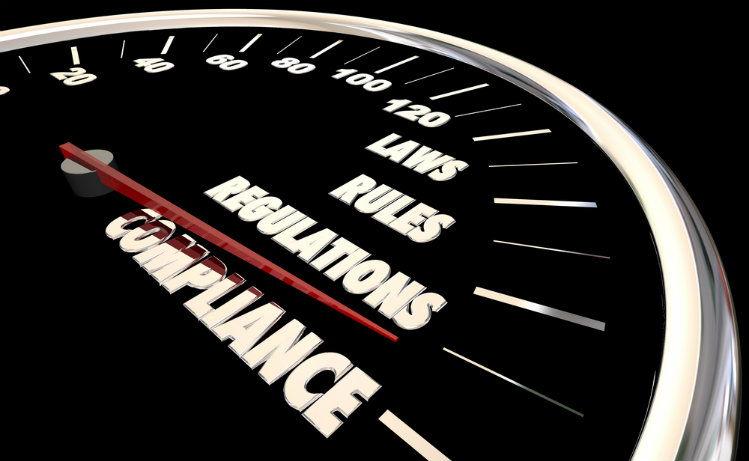2019 Changes to the Unrelated Business Income Tax (UBTI or UBIT)
Thanks to President Trump, the 2019 Unrelated Business Income Tax (UBTI or UBIT) rate is 37%. This is the same as 2018. The UBTI tax is not a widely known tax because it generally only applies to tax-exempt organizations. This includes charities and retirement accounts. For the majority of U.S. investors, the UBTI tax is a tax they will never need worry about.
However, for IRA and 401(k) plan investors looking to invest in alternative assets, or assets other than traditional assets, such as stocks or mutual funds, the UBTI tax is something that should be understood.
The good news is, when it comes to using an IRA or 401(k) plan to make investments, most investments are exempt from the UBTI tax. This is because an IRA and 401(k) plan is exempt from tax pursuant to Internal Revenue Code (IRC) Sections 408 and 512. It exempts most passive forms of investment income your IRA generates from taxation. Some examples of exempt types of passive income include:
- Interest from loans
- Dividends
- Annuities
- Royalties
- Most rentals from real estate
- Gains/losses from the sale of a capital asset, such as real estate.
Ways You Trigger the UBTI Tax
Fortunately, there are no 2019 UBTI changes. However, in very few cases, you may still trigger the UBTI tax. In general, you can trigger the UBTI tax in three types of investment categories involving a tax-exempt organization or a retirement account:
- Using margin to buy stocks or securities.
- Using a nonrecourse loan to buy real estate (there is an exemption for 401(k) plans under certain conditions).
- Investing in an active trade or business operated through an LLC or passthrough entity, such as a partnership. Note – investing in a C Corporation, such as Apple, will not trigger the application of the UBTI tax.
IRC Section 511 taxes UBTI at the trust tax rates, which is quite high. For 2019, the highest trust tax rate is 37%.
There were no meaningful changes to the UBTI tax in 2019. However, just like prior years, it’s important for retirement account investors looking to use alternative asset investments to be mindful of the application of the UBTI tax rules. The most common type of investments that may trigger the application of he UBTI tax in 2019 are:
- Passthrough business investments
- Investing in a venture capital fund that invests in passthrough businesses
- Private equity fund investments that invests in passthrough businesses
- Hedge fund investments that use debt
- Real estate fund investments that use debt
- Purchasing real estate with an IRA and using a nonrecourse loan
- Using a loan to purchase stocks or other passive investments
Overall, using a self-directed IRA or solo 401(k) plan to make alternative asset investments presents many exciting opportunities. In 2019, new technology has made using retirement funds to invest in alternative asset investments simple, easy, and very cost efficient.
However, other than the IRS prohibited transaction rules, the application of the UBTI tax is the only other meaningful rule that self-directed IRA and solo 401(k) plan investors should be mindful of.
Get in Touch
There are no 2019 UBTI changes – again, the 2019 Unrelated Business Income Tax rate is 37%, as it was in 2018. However, if you are an investor with an IRA or 401(k) and you wish to invest in alternative assets, we can help you understand the UBTI taxes.
Contact IRA Financial Group directly at 800-472-0646. You can also fill out the form to speak with an IRA or 401(k) specialist today.









